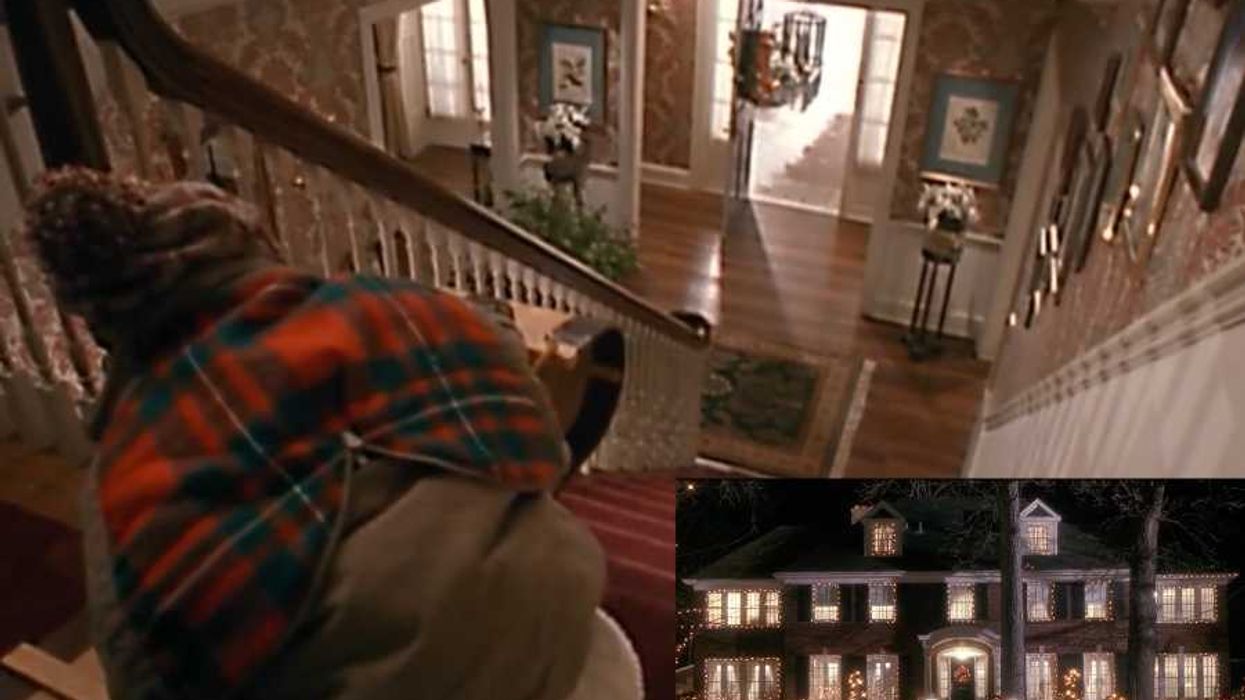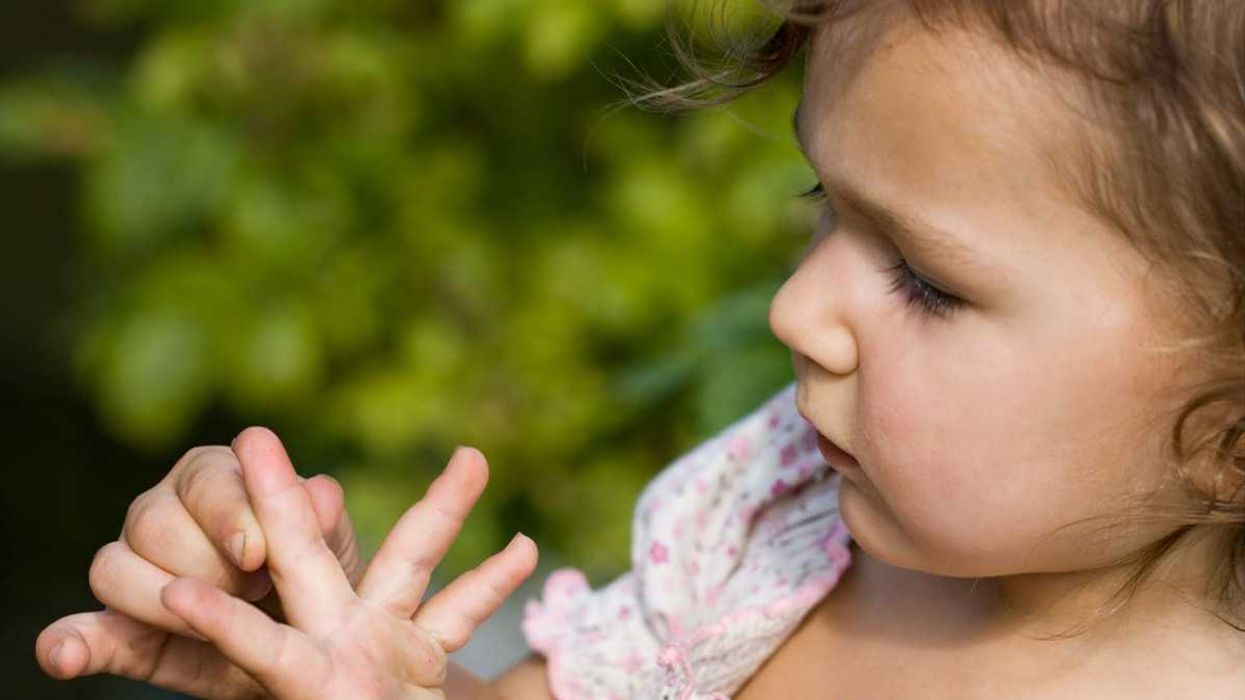GOOD Pictures features work by a new photographer each week, with a focus on up-and-coming artists. It is curated by Stephanie Gonot and Jennifer Mizgata.
How much does personal history inform a photographer’s work? Eduardo Rivera’s "131" series begs the question. Born and raised in a tough neighborhood of South Central Phoenix, Rivera's family moved to a nicer part of town when he was a pre-teen. As an adult, he went back to document the neighborhood of his youth. Rivera writes, "What I found was people and their spaces. Here, since the 1970s, old Mexican traditions have met new assimilated lifestyles as a search for identity and belonging persists." He says it's "a place where hope strives to live."
His photographs have a duality to them. They are infused with nostalgia, yet they’re honest. He invites us into people’s homes, showcasing warm kitchens and laundry hanging on the line. But he also photographs people who have an edge, who stand for their portraits knowing they are standing for something else as well, a testament to what it means to live in South Central Phoenix.
You can see more of Eduardo Rivera's work on his website.


















 The Emergency Department.Photo credit:
The Emergency Department.Photo credit:  Little girl with a splinter.Photo credit:
Little girl with a splinter.Photo credit:  Woman on phone after car accident.Photo credit:
Woman on phone after car accident.Photo credit: 

 A hotel clerk greets a guestCanva
A hotel clerk greets a guestCanva Gif of Faye Dunaway' as Joan Crawford demanding respect via
Gif of Faye Dunaway' as Joan Crawford demanding respect via  An empty rooftopCanva
An empty rooftopCanva
 A road near equatorial Atlantic OceanCanva
A road near equatorial Atlantic OceanCanva Waves crash against rocksCanva
Waves crash against rocksCanva

 Two people study a mapCanva
Two people study a mapCanva Foggy Chinese villageCanva
Foggy Chinese villageCanva